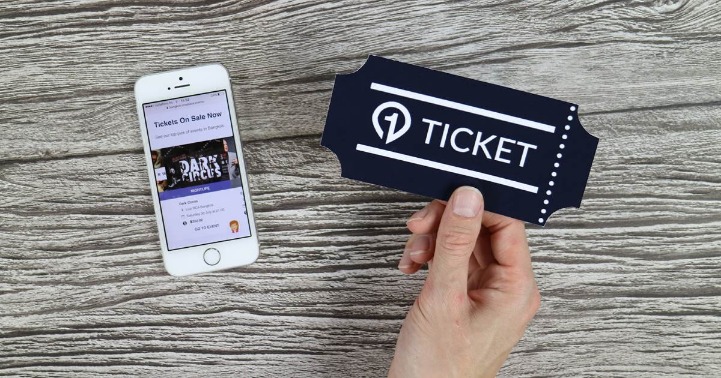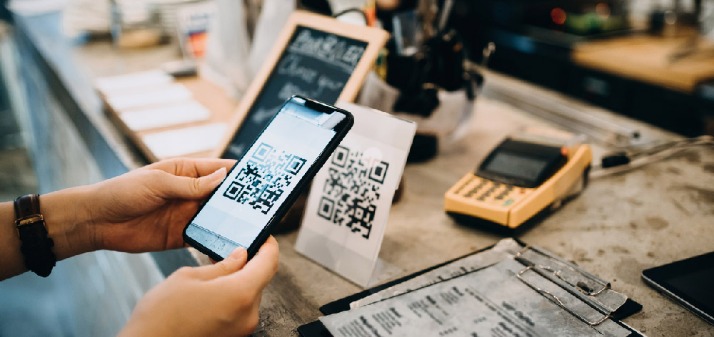In today’s fast-paced world, event ticketing has undergone significant changes to keep up with the demands of tech-savvy consumers. Gone are the days of waiting in long lines to purchase tickets or dealing with physical paper tickets. The rise of online event ticketing platforms has revolutionized the way we buy and sell tickets, making the process more convenient and efficient for both event organizers and attendees.
Read more about Event Ticketing here.
Online Ticketing Platforms
With the advent of online ticketing platforms such as Eventbrite and Ticketmaster, purchasing tickets for events has never been easier. Attendees can now browse and buy tickets from the comfort of their own homes using their computers or smartphones. These platforms offer a wide range of features, including interactive seating charts, real-time ticket availability, and secure payment options. Organizers can also utilize these platforms to promote their events, manage ticket sales, and track attendance.
Mobile Ticketing
Mobile ticketing has become increasingly popular in recent years, allowing attendees to access their tickets directly on their mobile devices. By scanning a QR code or barcode on their smartphones, attendees can easily check in to events without the need for physical tickets. This not only streamlines the check-in process but also reduces the risk of lost or counterfeit tickets. Mobile ticketing also offers organizers valuable insights into attendee behavior and preferences, allowing them to tailor future events to their audience’s needs.
RFID Technology
RFID (Radio Frequency Identification) technology is another innovation that has been adopted by event ticketing companies to enhance the overall event experience. RFID-enabled wristbands or cards can be used for cashless payments, access control, and even interactive experiences at events. Attendees can simply tap their wristbands to make purchases or gain entry to restricted areas, making their overall event experience more seamless and enjoyable. Organizers, on the other hand, can collect valuable data on attendee behavior and engagement, allowing them to improve future events.





